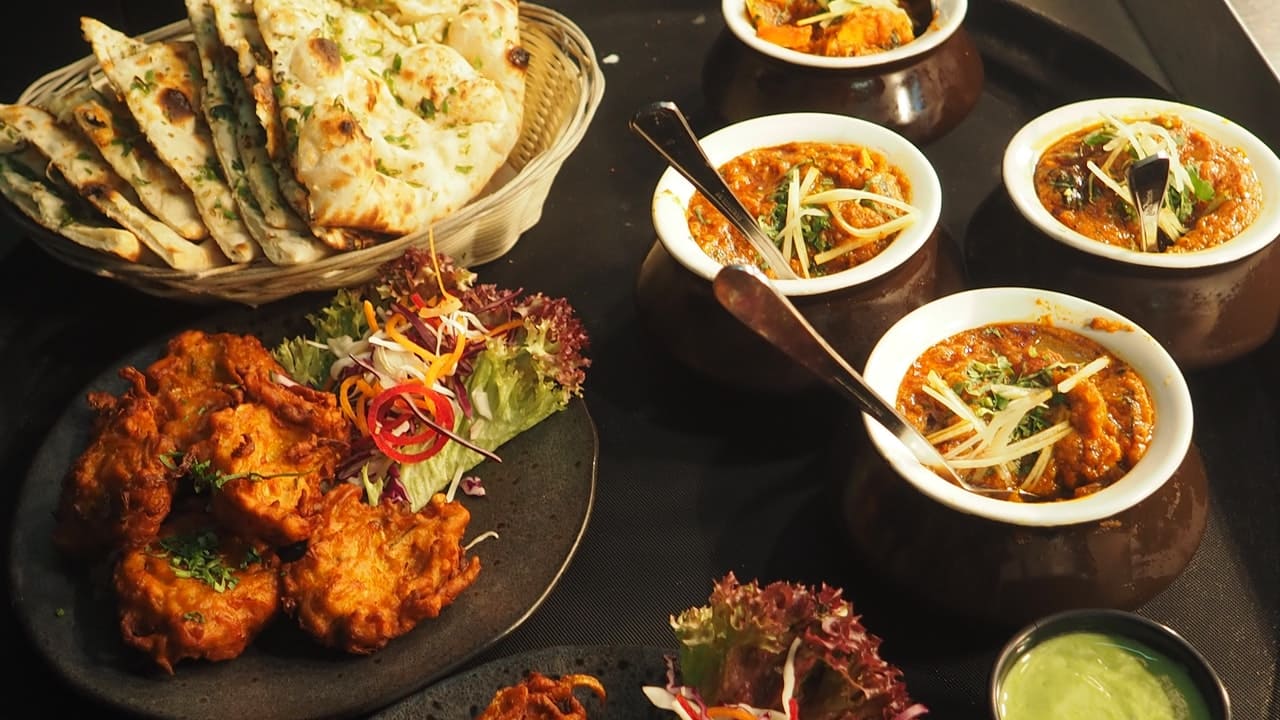
Claim for your business costs and expenses seems to be a very difficult task. The situation seems even more complicated when it comes to food and drink costs. We have prepared a few tips for sole traders in order to make it more clear.
It is generally known that by running a company you will incur business costs and expenses. Unfortunately, you will not be able to reduce your tax bill by all of these costs. According to HMRC rules, it needs to be WHOLLY and EXCLUSIVELY for the purpose of your trade in order for expenditure to be ALLOWABLE.
For example, you have dinner at a local restaurant for a business meeting with a prospective client. While talking about future plans, you enjoy your meal. It seems rational to consider that the whole expense was “wholly and exclusively” incurred for the purpose of your company.
Are you sure thats right?
The cost of your meal in this particular example will not be allowable as a tax deduction. Simply, HMRC don’t see it that way. And now we will try to explain why.
According to HMRC “Everyone must eat in order to live and such costs are normal costs of living incurred by all and not incurred for the purpose of trading.”
This means that you derive some personal benefit from consuming food, and you’re not eating just to do your job. So, the cost of meals and beverages is not wholly and exclusively for the purpose of your company. That is why it can’t be included as an allowable business cost. In case you decide to do some work in the local café instead of home, and you order a coffee and something to eat, the cost of your food and drink would not be tax allowable. Let’s see some other examples. You decide to attend some kind of the networking event and the entrance fee doesn’t include refreshments. So, when you get there, you pay for the drinks. The networking fee is allowable but the cost of your beverages NOT. Also, imagine, you work from home and order pizza and coke because you do not have time to cook. Unfortunately, the cost of pizza and coke is not allowable again. Even if you are a physical education instructor and feel that you need additional food for breakfast, lunch or dinner as a result of the physical demands of your job, the cost would not be allowable as well.
Every rule has the exception
There are 3 situations where it’s acceptable to deduct “reasonable” food and drink expenses. By the way, the tax word for food and drink is “subsistence”.
Exceptions to the general rule
1 – You are staying away from your usual place overnight on business
Imagine you live and work in and around Birmingham, but you have to make a trip to Winchester for a 3-day networking event. In this situation you would be allowed to claim “reasonable” costs for the evening meal and breakfast.
It’s important to mention that alcohol is not subsistence, unless it is purchased with a meal and even in that case it must be reasonable. Namely, you are allowed to order one drink or half a bottle of wine. Remember, when the location is too close to your base of work, you will not be able to deduct the food and drink expenses.
2 – You make a journey that is outside your normal pattern of business activity
Imagine, you are working from your home, but you have to embark on a 4-hour drive to attend a course and stopped to buy lunch. In that case the cost of lunch will be an allowable deduction.
3 – If you own a business that is by nature itinerant
In case your business involves temporary work at a variety of locations without visiting the same client on a regular basis, like a party entertainer or a jobbing gardener, the expenses may be deducted.
It is a good idea to have a conversation with your accountant to make sure that costs are “itinerant” or “reasonable”.
How should I record food and drink expenses in my accounts?
Foods and drinks might be classed as “business entertaining”, “marketing” or “personal drawings”. If you’ve paid for it out of business funds, you should make a record of the expense in your accounts spread-sheet or software.
Keep a track of your income and expenses. That will give you a better image on your performance if you include all of your expenses.
At the end of the year, when you are preparing the tax, you should discuss with your accountant the nature of your expenditure in order to determine what should be allowable or disallowable for tax purposes.
SOMETHING VERY IMPORTANT! Don’t forget to keep all your receipts.
Now when you know that much about taxes you may have a glass of wine and relax, but it won’t be tax allowable!


